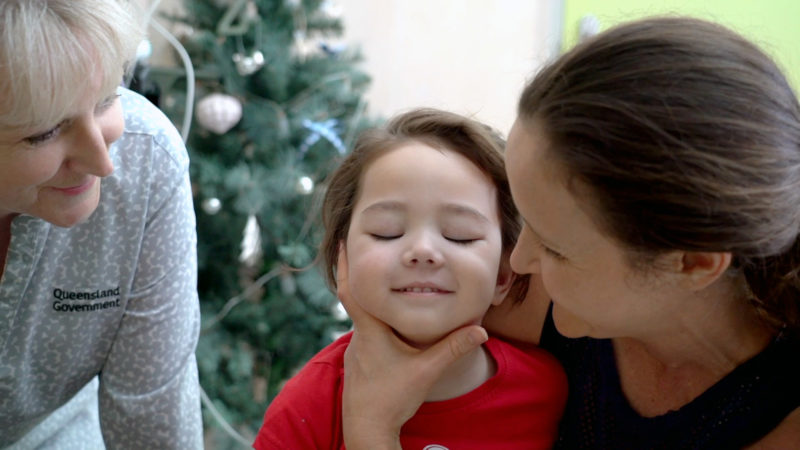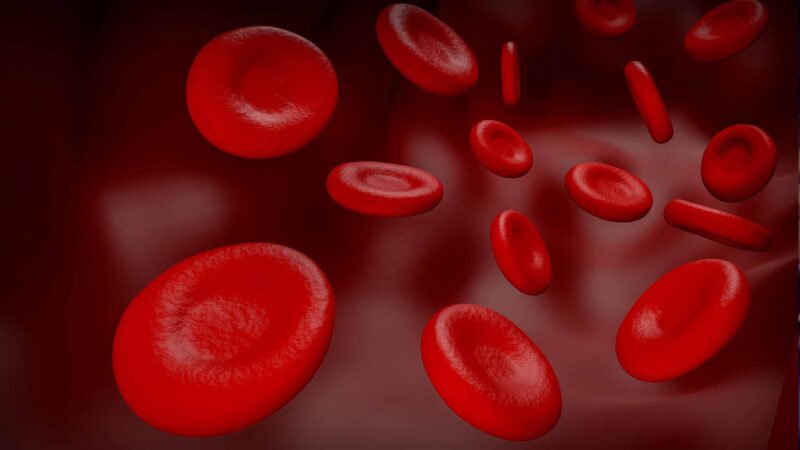Dr Clare Ramsden is the Executive Director of Allied Health at Hospitals South in the Tasmanian Health Service. Her role encompasses both operational and professional leadership responsibilities, working alongside the Executive Director of Medical Services and the Executive Director of Nursing and Midwifery to ensure high quality professional standards across the workforce.
Allied Health Services at Hospitals South covers ten disciplines, including occupational therapy, physiotherapy, social work, podiatry, psychology, nutrition, dietetics, speech pathology, audiology, orthotics, prosthetics, and chaplaincy. These disciplines report operationally to the Executive Director of Allied Health, providing services across the full spectrum of care provided at Hospitals South, from emergency department care to outpatient and community-based services.
One notable program run by Hospitals South is the ABLE program, or Allied Health Building Leadership Experience. This program was created to address the challenge of allied health professionals being seen as a single entity, rather than as individual disciplines, when it comes to leadership and management opportunities. The program is delivered entirely internally, with seminars presented by senior staff and mentorship opportunities for participants to become more effective representatives of allied health in meetings and working groups.
Allied Health Services at Hospitals South is known for its dynamic workplace culture, which emphasises collaboration, creativity, and enthusiasm for providing high-quality care to the community. While productivity is important, there is no single measure that works for all of the different disciplines involved in Allied Health Services. The focus is on delivering efficient, appropriate, and high-quality care in a collaborative model that includes nursing and medicine as well.
According to Dr Ramsden, Hospitals South provides an opportunity to gain a breadth of experience for new graduates, which they might not get in larger hospitals. The hospital offers allied health representation roles, mentoring roles, and leadership roles. With almost 20 years of experience in allied health, Dr Clare Ramsden has been able to work in different countries, engage in research, and gauge quality improvement. She believes that allied health provides a broad career for people interested in any aspect of health service provision. Hospitals South strives to offer opportunities for allied health services to staff, enabling them to make the most of their interests, whether in clinical leadership, management and formal leadership, education and training, workforce development, or quality improvement.
You Might also like
-
Clinical entrepreneur addresses needle-phobia
Australian entrepreneur, Lauren Barber, turned her nursing background into the role of an inventor and launched a medical device into the Australian healthcare industry.
No journey is linear for an entrepreneur, but Lauren has travelled considerable distance from a nursing student to a successful entrepreneur illustration her determination and passion to help those with needle phobias. Lauren’s work with NeedleCalm is making a positive impact in the healthcare industry and improving the experiences of patients and clinicians alike.
-
4 Years On
Launched 4 years ago, the Queensland Health’s Nurse Navigator program was created for patients with complex care needs. The Nurse Navigators are Advanced Practice Nurses and Midwives that help patients with care coordination and care planning.
A Nurse Navigator has the system knowledge and access, clinical skills and time to understand each person’s needs and to partner with them to develop a plan of care that addresses their health needs and respects and values their time and circumstances.
-
Improved treatment in advanced-stage Hodgkin lymphoma
A global clinical trial successfully reduced toxicity and side effects in advanced stage Hodgkin lymphoma patients by using a modified treatment regimen.
Australian Health Journal spoke with Professor Mark Hertzberg in his role in the ALLG HD10 Clinical Trial and as a former Chair of the Scientific Advisory Committee of the Australasian Leukaemia & Lymphoma Group (ALLG), an organisation involved in improving the treatments and lives of blood cancer patients.



